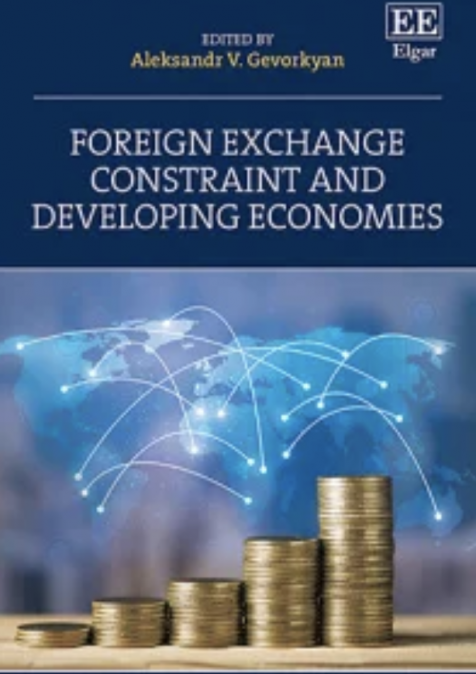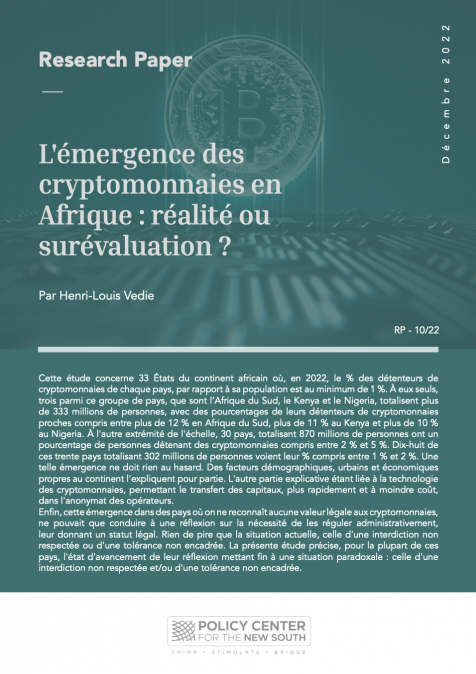Publications /
Opinion
تم نشر هذا المقال في الأصل على موقع قناة الحرة
طرح هذا الكتاب باكرا مواضيع النقاش المثارة حاليا، إثر اجتياح فيروس كورونا العالم، ودور الصين في التسبب به. أثارت الصين إعجاب كثيرين بفيديوهاتها وحركاتها التسويقية لتعاملها مع الوباء، من الروبوت الذي يحمل الوجبات للمحجورين، إلى قدرتها في السيطرة عليه ومساعدتها لإيطاليا في محنتها ولغيرها من البلدان
فكرة الكتاب التي جمعت بين متخصص في الذكاء الاصطناعي وسياسي مهتم بالعلوم، جاءت كنوع من تحذير حول خطورة الوضع بانتظار الكارثة المقبلة التي ستتعذر معالجتها. فالمستقبل سيكون ساحة صراع بين تقدميين منفتحين على التغيرات التقنية وبيو ـ محافظين معارضين لهذا التوجه. وسينقسم العالم بين ديكتاتوريات دون مبادئ ولا قوانين، ما سيجعل منها مختبرات للذكاء الاصطناعي دون ضابط ـ الصين نموذجا ـ وديمقراطيات مثقلة وخائفة يعطلها رعب التقدم
إقرأ المزيد
منى فياض، أستاذة في علم النفس في الجامعة اللبنانية. تلقت الدكتوراة في علم النفس التطبيقي من جامعة باريس في السوربون الفرنسية
ولقد قامت بعدد من الأبحاث في ميادين الاعاقات العقلية والتربية المتخصصة وسوء التكيف الاجتماعي مثل العمل الميداني على السجناء وعلى السجن كمجتمع كما على جناح الأحداث. كما قامت بدراسة جوانب من السلوك الاجتماعي والتربوي من منظار التلاقح الثقافي، حول القيم الثقافية العربية وأثرها على المراهقين والمرأة والأسرة. تطال دراساتها خاصة مواضيع العنف والقيم وعلاقتها بالفساد والنمطية الاجتماعية والنوع الاجتماعي والتمييز الاجتماعي والحريات العامة والأكاديمية وحقوق الانسان والمواطنة والتعددية. كما ان لها اهتمام خاص بمواضيع الإصلاح في العالم العربي وشاركت في العديد من المؤتمرات سواء حول هذا الموضوع او الفكرية عامة و تلك المتخصصة









